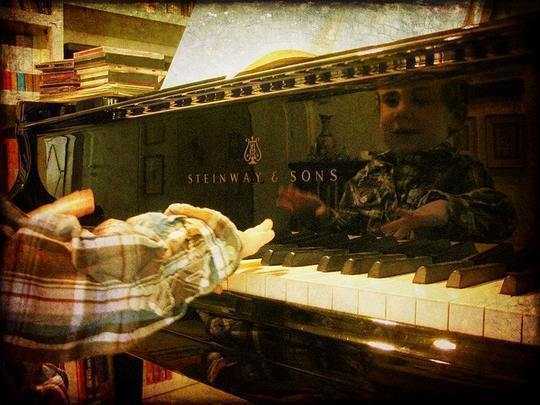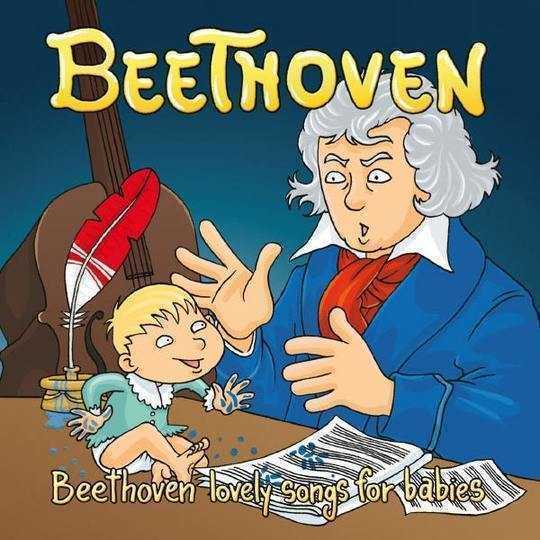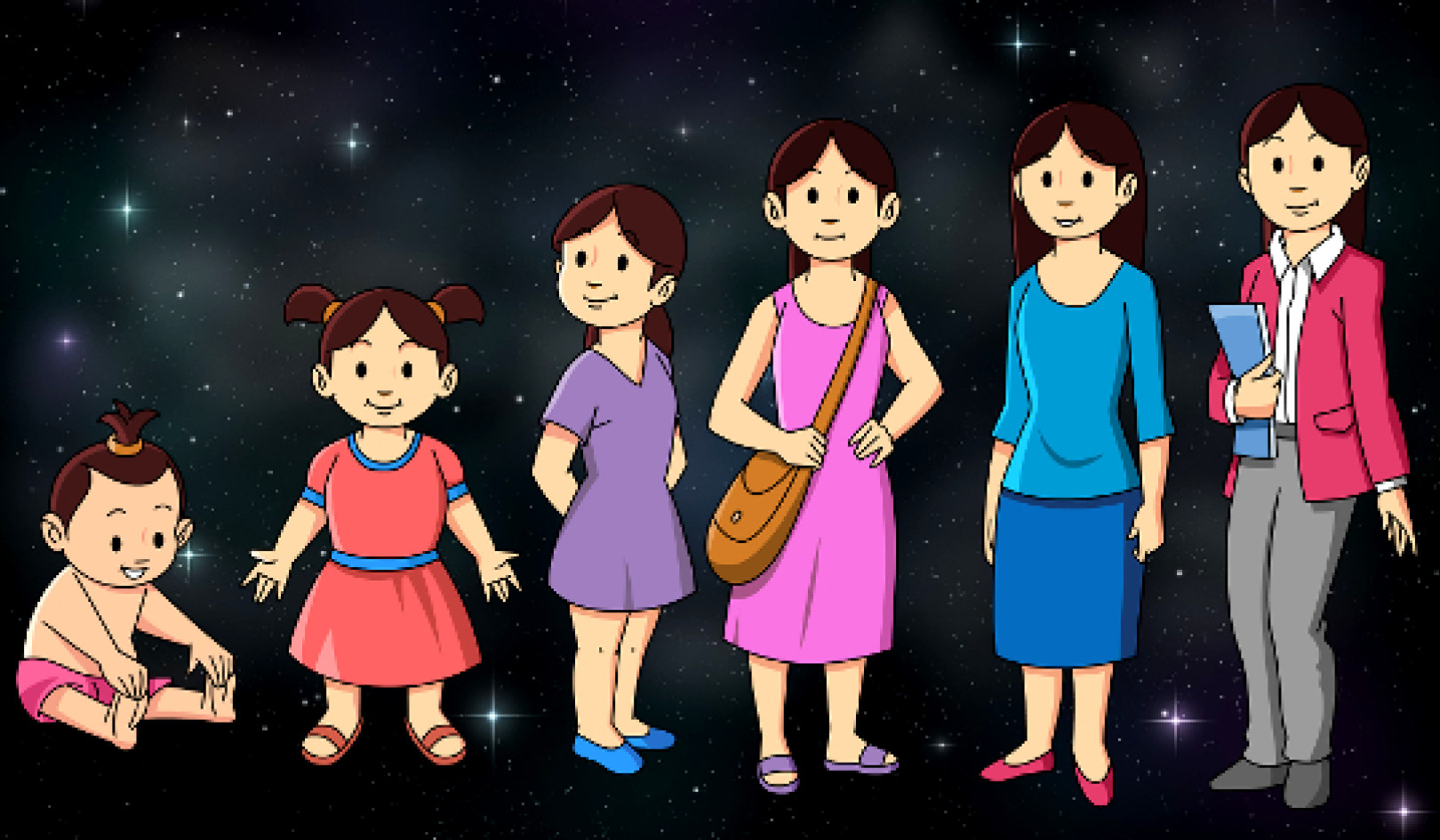 All music is good for kids, not just ‘Mozart for babies’. Brida Anderson/Flickr, CC BY-SA
All music is good for kids, not just ‘Mozart for babies’. Brida Anderson/Flickr, CC BY-SA
The benefits of music education are widely reported. Playing an instrument has been shown to have significant cognitive benefits. Creative thinking, social and emotional intelligence, coordination, memorisation and auditory processing are all thought to improve in school-age children who learn music.
This makes it hard to argue with the fact that learning music is a good thing. But, when it comes to the type of music to teach, things get less agreeable.
Violin virtuoso Nicola Benedetti advocates forcing classical music on young people, complaining about teachers and parents who are reluctant to do so. In a recent interview with The Scotsman, Benedetti said:
It actually really upsets me when people say: ‘Kids hate listening to a symphony, why would we do that to them?’
I think, hang on a minute, if you were to turn round and say to a kid, ‘Would you like to play video games or would you like to have a maths lesson?’, of course they’re going to go for the video games.
Needing the child’s approval for what they do in school is just such an alien concept when you’re talking about maths, science, history or English, but, suddenly, when you bring music into the mix, it’s: ‘Oh no, we can’t show them anything that they don’t instantly love because that would be like forcing children into something that they don’t want to do.‘
Considering Benedetti’s background and standing within the classical music world, her views are not surprising. To accept Benedetti’s argument however, is to accept that classical music is the music most worthy of study and that a force-feeding approach will be good for students.
It is not unusual for classical musicians to put forward that classical music is “better” than all other musical styles. The reasons for this belief is usually not able to be explained in more detail than “it’s just more sophisticated”.
 A baby Beethoven CD. Classical music has no proven cognitive benefits above and beyond any other kind of music, despite popular belief. iClassical Com/Flickr, CC BY
A baby Beethoven CD. Classical music has no proven cognitive benefits above and beyond any other kind of music, despite popular belief. iClassical Com/Flickr, CC BY
French sociologist Pierre Bourdieu would suggest that classical music is highly valued because of who consumes it - those with money and power. This leads to a process of reproduction: things that are consumed by the elite classes become more valuable because of their association with wealth and power.
In spite of the widely exaggerated reporting of the Mozart effect, there is no evidence to suggest that learning classical music leads to greater cognitive benefits than music of any other style. There is good (and bad) music in all styles.
The way we measure good or bad varies between styles. Comparing apples with oranges is based on a flawed logic. If the criteria for a good apple are used to measure the quality of oranges, no apple will ever be able to compete.
But there is lots of evidence to suggest that meaningful learning requires engagement. Forcing classical music, indeed forcing any music, on unwilling students is unlikely to achieve the sorts of positive benefits - musical or cognitive - that an engaging and varied curriculum will.
School music often has low numbers of students taking part, particularly in senior year levels. Research claims this is because teachers choose repertoire that isn’t of interest to the students, and teachers’ attitudes towards the music that students enjoy sends a message to students that music education isn’t for them.
Of course, teachers who share their passion for classical music in a way that connects with students may very well give students access to a world of music that they would not have discovered on their own. The same could be said for jazz, world music, musical theatre or, for some students, anything that falls outside of Top-40 pop music.
Good music education will involve students doing a wide variety of music in a wide variety of ways: singing, playing, listening, analysing, composing. This is far more likely to lead to meaningful learning than taking children to the symphony then blaming them for not enjoying it.
Benedetti’s role in the education of young instrumentalists is certainly admirable. She is involved in Sistema Scotland, a charity that gives opportunities for young people to learn orchestral instruments. In addition, her own program “The Benedetti Sessions” gives young string players a chance to rehearse and perform alongside her. But these programs are for students who choose to spend huge amounts of time learning and practising their instrument, not the majority of students who learn music at school.
There is nothing wrong with students learning classical music in school. But it’s not the only way to provide students with a valuable music education. More importantly, a “whether they like it or not” approach is very likely to do more harm than good.![]()
About The Author
Rachael Dwyer, Research fellow in Music Learning and Teaching, Griffith University
This article is republished from The Conversation under a Creative Commons license. Read the original article.

Related Books:
Here are 5 non-fiction books on parenting that are currently Best Sellers on Amazon.com:The Whole-Brain Child: 12 Revolutionary Strategies to Nurture Your Child's Developing Mind
by Daniel J. Siegel and Tina Payne Bryson
This book provides practical strategies for parents to help their children develop emotional intelligence, self-regulation, and resilience using insights from neuroscience.
Click for more info or to order
No-Drama Discipline: The Whole-Brain Way to Calm the Chaos and Nurture Your Child's Developing Mind
by Daniel J. Siegel and Tina Payne Bryson
The authors of The Whole-Brain Child offer guidance for parents to discipline their children in a way that promotes emotional regulation, problem-solving, and empathy.
Click for more info or to order
How to Talk So Kids Will Listen & Listen So Kids Will Talk
by Adele Faber and Elaine Mazlish
This classic book provides practical communication techniques for parents to connect with their children and foster cooperation and respect.
Click for more info or to order
The Montessori Toddler: A Parent's Guide to Raising a Curious and Responsible Human Being
by Simone Davies
This guide offers insights and strategies for parents to implement Montessori principles at home and foster their toddler's natural curiosity, independence, and love of learning.
Click for more info or to order
Peaceful Parent, Happy Kids: How to Stop Yelling and Start Connecting
by Dr. Laura Markham
This book offers practical guidance for parents to shift their mindset and communication style to foster connection, empathy, and cooperation with their children.
























